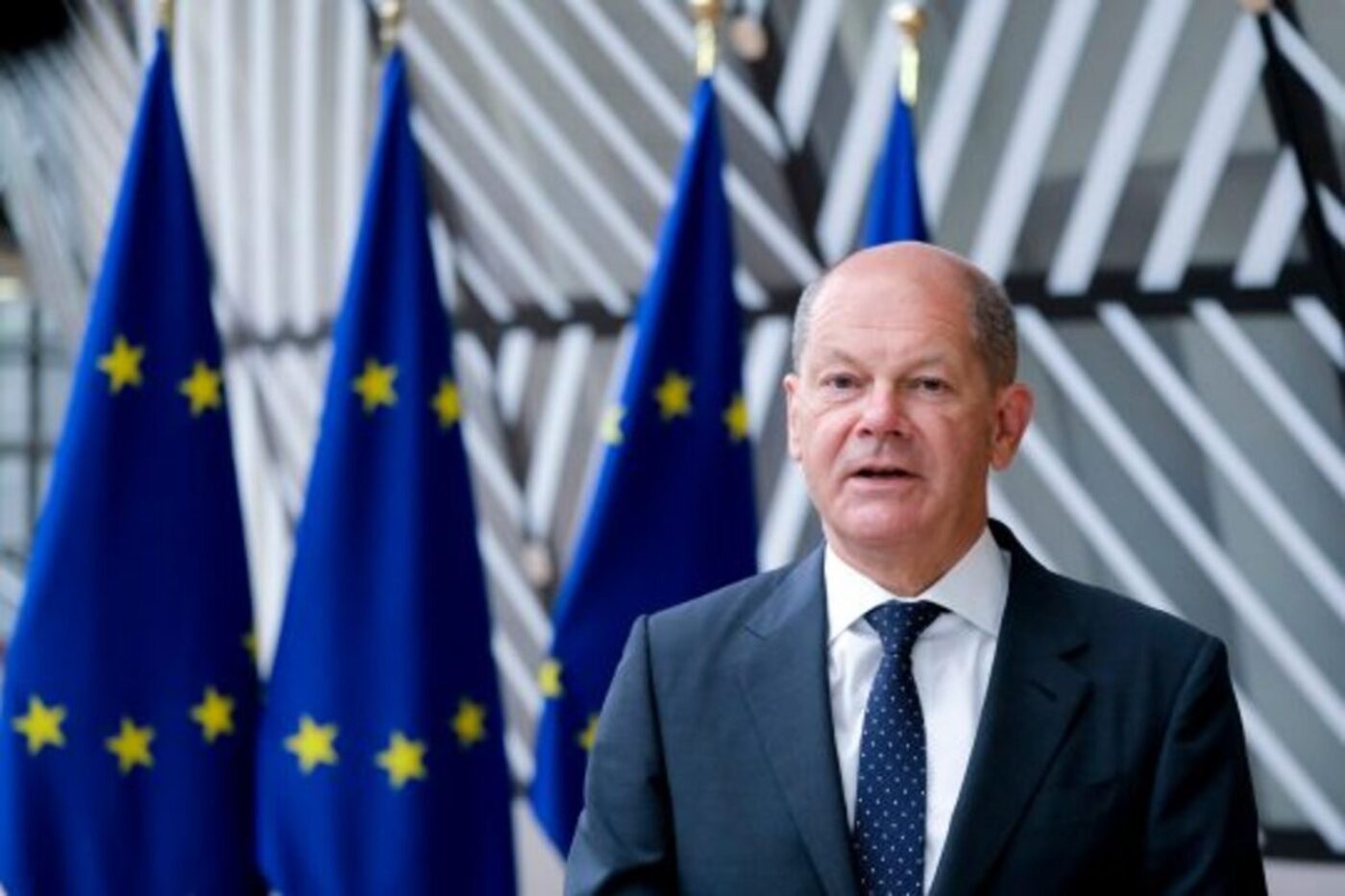Olaf Scholz: “We need a geopolitical, larger, reformed EU, open to the future”

German Chancellor Olaf Scholz debated with MEPs during the ‘This is Europe’ series, calling for a united Europe capable of changing to secure its place in the world of tomorrow.
Chancellor Scholz stressed that Europe has a global responsibility beyond its borders “because the well-being of Europe cannot be separated from the well-being of the rest of the world.” The world of the 21st century, he said, “will be multipolar, it already is”. Chancellor Scholz identified three lessons for the EU: “First, Europe’s future is in our hands. Secondly, the more united Europe is, the easier it will be to secure a good future for ourselves. And thirdly, not less but more openness and more cooperation are the order of the day.”
To secure Europe’s place in the world of tomorrow, the EU must change, the Chancellor said. “We need a geopolitical EU, an enlarged and reformed EU, and an EU open to the future”.
On Russia’s war against Ukraine, he said the EU must now set the course for the reconstruction of Ukraine. A prosperous, democratic, European Ukraine is the clearest rejection of Putin’s imperial, revisionist and illegal policy.
In a multipolar world, the countries of the global south are important partners, Chancellor Scholz continued. Europe must stand up for food security and poverty reduction and it must keep its promises of action on international climate and environmental protection.
With regard to enlargement, the Chancellor said, “an honest enlargement policy implements its promises – first and foremost to the states of the Western Balkans”. He also announced to push for extending qualified majority decision-making to more decisions dealing with foreign policy and taxation.
Speaking about migration and asylum, he said, “we are united by the goal of better managing and regulating irregular migration – without betraying our values.” In many parts of Europe, workers, from third countries are needed he continued, and if Europe links regular migration with the demand that countries of origin and transit also take back those who have no right to stay in Europe, “then all sides will benefit”.
Reactions from MEPs
Reacting to Mr Scholz’s EU reform proposals, MEPs demanded courage from Europe’s leaders to take the EU into the future and called on Chancellor Scholz to push for a Convention before the 2024 European elections. Several MEPs demanded the continuance of support for Ukraine in the Russian war of aggression until a just peace is secured, while others criticised Germany for providing tardy support to Ukraine, and the EU for providing more money to the arms industry.
A number of MEPs stressed the importance of fighting the economic impact on European citizens of the Russian war in Ukraine and some called for new legislation to ensure social justice as well as for a reform of the EU electricity market to guarantee fair prices. Some speakers stressed the importance of Europe’s green and digital transition and requested more investment in these areas so that Europe can lead on technological breakthroughs.
Background
This is the tenth “This is Europe” plenary debate, following Luxembourg’s Prime Minister Xavier Bettel on 19 April 2023, Lithuanian President Gitanas Nausėda on 14 March 2023, and debates in 2022 with Estonian Prime Minister Kaja Kallas, Italian Prime Minister Mario Draghi, Ireland’s Taoiseach Micheál Martin, Croatian Prime Minister Andrej Plenković, Greek Prime Minister Kyriakos Mitsotakis, Finnish Prime Minister Sanna Marin and Slovenian Prime Minister Robert Golob.
